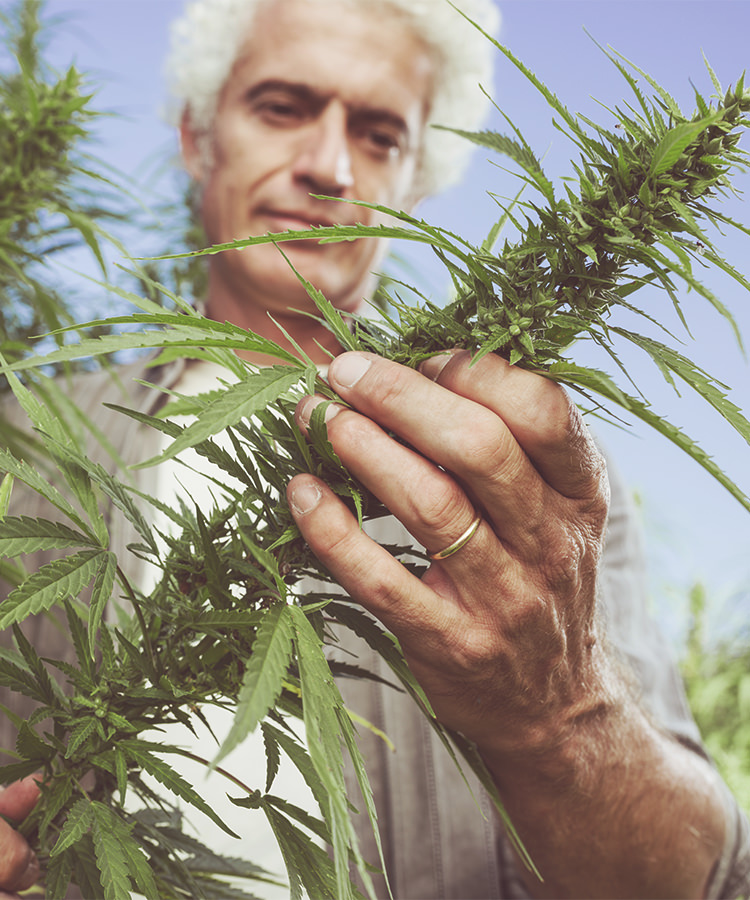Winemakers worry about anything that could negatively affect the quality of their grapes. That usually includes less than optimal seasonal conditions, wildfires, insects, fungi, and animals. However, Robert Patrick, the CEO of the chamber of commerce of Lodi, California winemaking region, is worried about another possible culprit: large-scale marijuana production.
The Central Valley is not only an ideal place for growing grapes, but also coincidentally a suitable area for cultivating marijuana. “Land is cheap and energy — via the sun, which beats down, blank and unsmiling, for most of the year — is free,” writes Chris Roberts of High Times. Large-scale marijuana production has been happening in California for years, particularly in northern California’s Emerald Triangle, which includes Mendocino, Humboldt, and Trinity counties.
And just as marijuana loves the California climate, so do grapes. Lodi has made a name for itself as a wine growing region in recent years, and the Lodi Chamber of Commerce has taken upon itself the duty of protecting those grapevines.
Patrick is concerned that the odor from marijuana farms could potentially harm the grapes. “The odor travels, it could permeate grape skins and render the wine deficient, causing it to lose value,” he claims. He voiced his concerns at the San Joaquin County Board of Supervisors meeting, where they are trying to decide whether or not to lift a ban on commercial marijuana production. Patrick is lobbying for indoor-only production, forcing marijuana to be grown inside using lamps that simulate sunlight. He also wants to restrict growing locations to industrial areas only.
Odors can in fact impact grapes. Smoke from wildfires can cause abnormal flavors in the final wine. There’s no evidence, however, that the mere odor from growing marijuana would impact grapes.
As recreational marijuana has become legal in eight states and the District of Columbia, state governments are trying to keep up with regulation and taxation. The issue of recreational marijuana is still controversial, particularly in the counties where farms grow on an industrial scale. Concerns range from environmental factors, to crime associated with the business, to a county’s image. Until the board reaches a decision, the grapes will have to contend with their regular enemies: insects and fungi.
